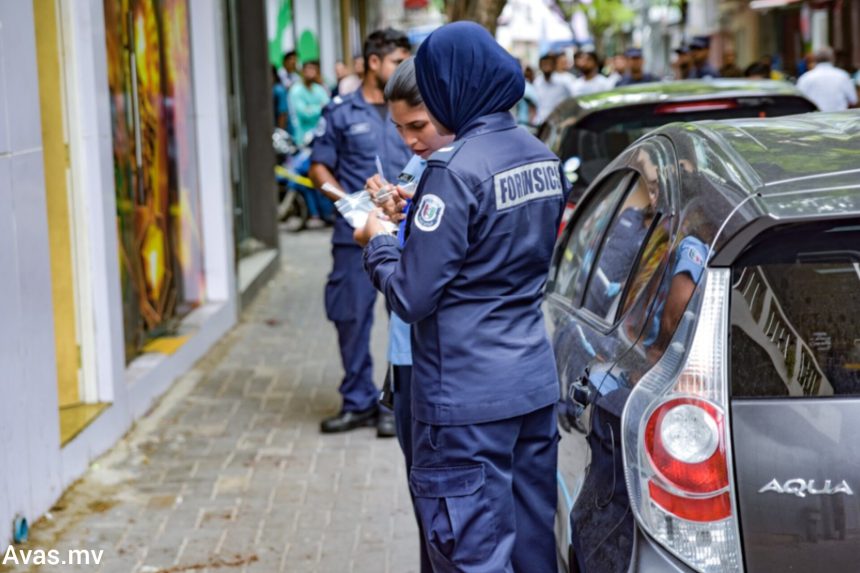In a statement, the Maldives Police Service reaffirmed its dedication to conducting criminal investigations with the utmost respect for individual rights and legal protocols. This comes amid public discussions regarding court-authorized procedures involving opposition figures Ahmed Saleem (Maaz Saleem) and Mariyam Zubair (Mandhy).
The police clarified that the collection of external body photographs and voice samples is a standard investigative practice, strictly governed by the Criminal Procedure Code. These non-invasive procedures are employed solely for identification purposes, such as comparing individuals to surveillance footage or audio recordings pertinent to an investigation.
Importantly, the police emphasized that any procedure involving the exposure of intimate areas of the body is classified as an invasive sample and is subject to additional legal safeguards. Such procedures require explicit court authorization and are conducted with the highest regard for personal dignity and privacy.
To prevent any ambiguity, court warrants authorizing the collection of non-invasive samples explicitly state that they do not extend to the capture of intimate samples. This practice ensures precision in the scope of warrants and safeguards against unauthorized collection under the guise of non-invasive procedures.
The police further clarified that it is not standard procedure to photograph individuals without clothing, even under a court order for external images. Photographs and samples are collected solely to the extent necessary for the investigation, maintaining a balance between effective law enforcement and the protection of individual rights.
This reaffirmation of procedural integrity underscores the Maldives Police Service’s commitment to transparency, accountability, and the rule of law, reinforcing public trust in the nation’s justice system.




